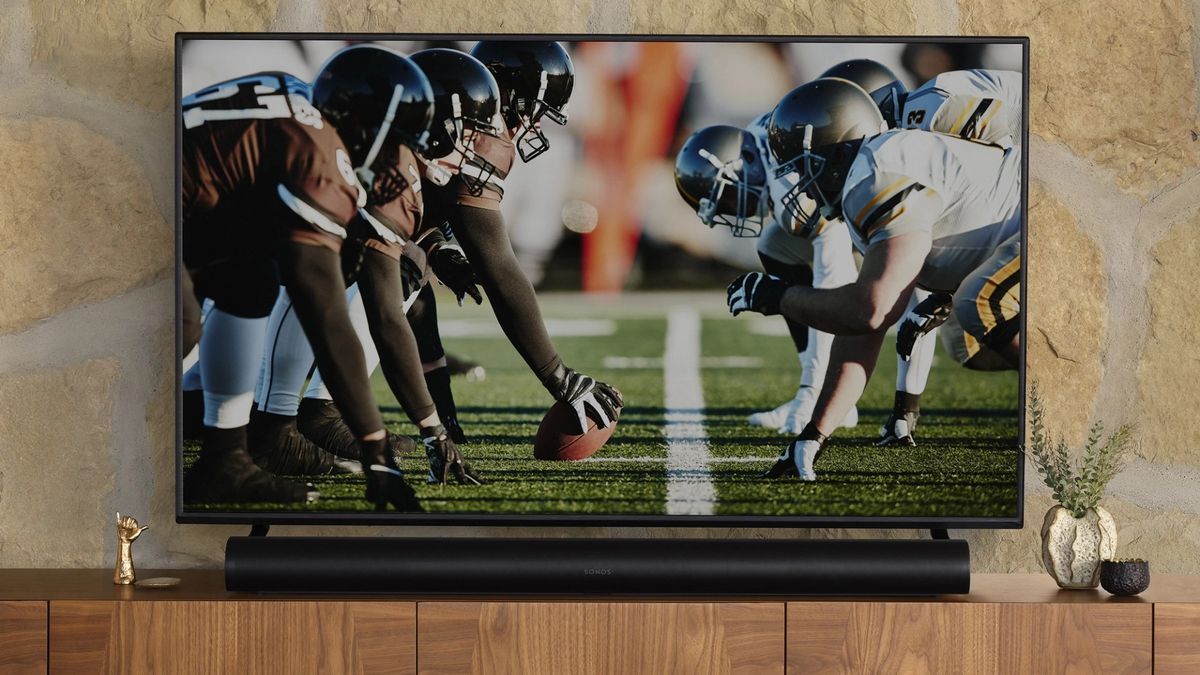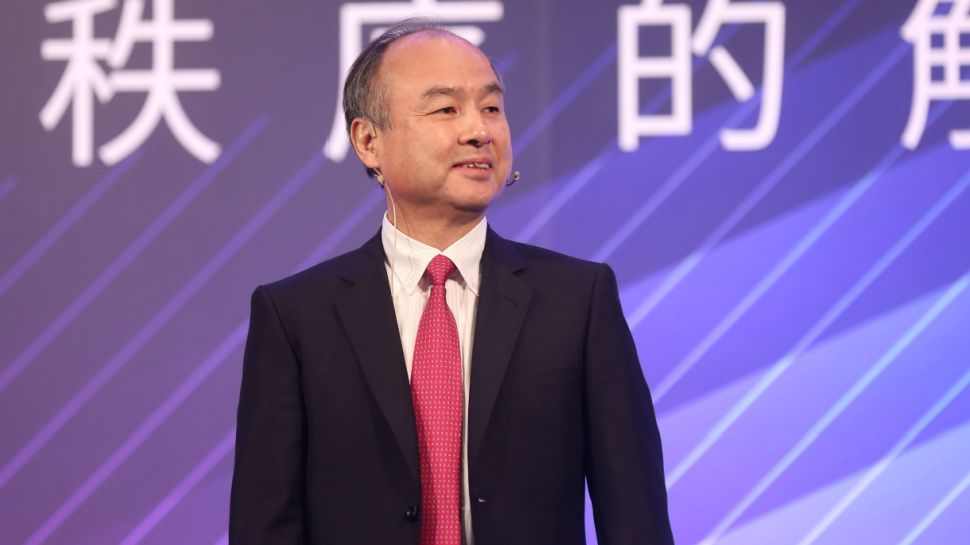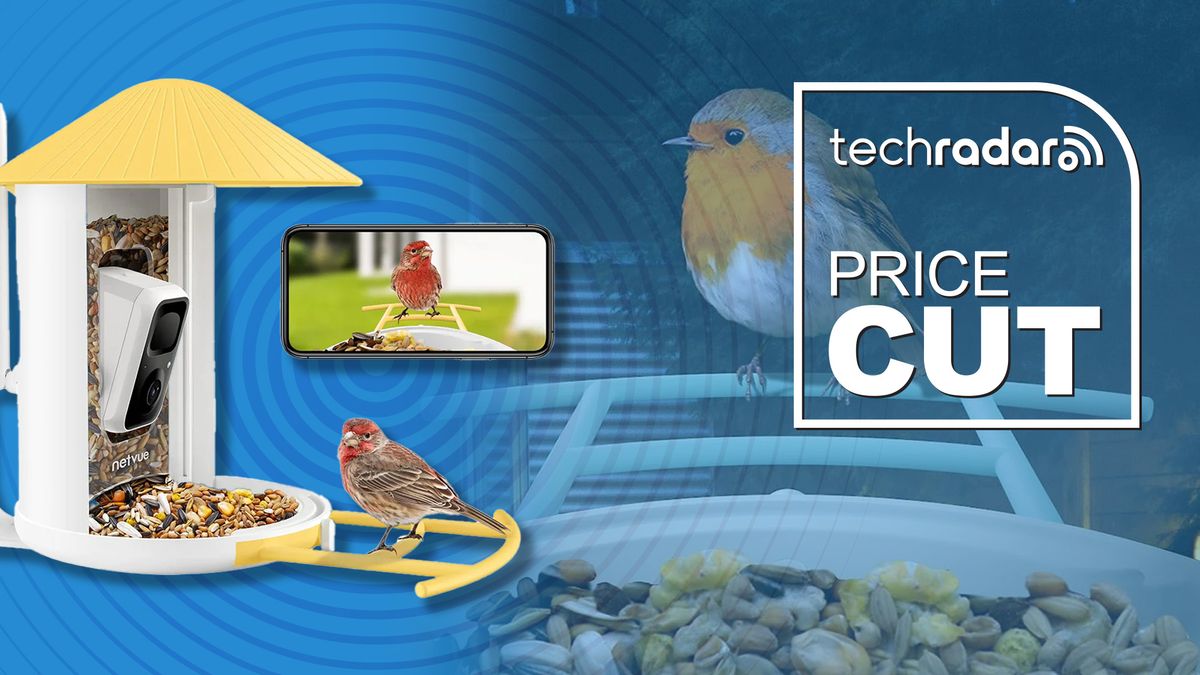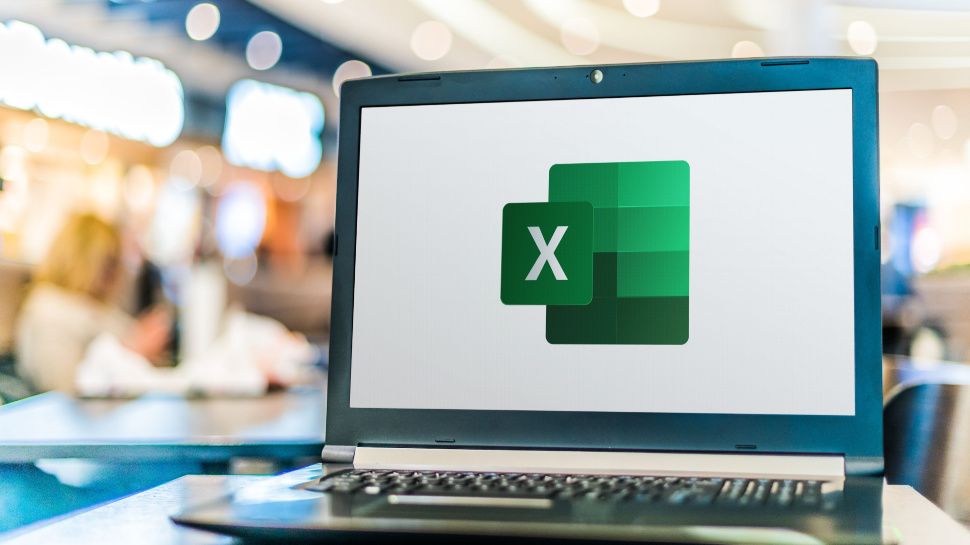A Sonos patent, which was filed on December 14 last year, suggests that the company's plan to develop a streaming box to rival Roku and Apple TV could also include multiple HDMI ports, presumably for connecting external devices such as bars. sound systems, game consoles, Blu-ray players, etc.
A recent analysis of the Sonos TV patent was published via Lowpass, which discusses how it would allow you to connect the all-in-one media box to one of the best TVs with a single HDMI cable.
Although Sonos, which makes some of the best wireless speakers out there, hasn't officially confirmed it, this new device could launch in late 2024 or early 2025 and cost roughly $150 to $200 if a previous Bloomberg report is true. Sonos TV will reportedly include apps from streaming services like Netflix and Disney Plus, and will also support Dolby Vision and Dolby Atmos.
If the patent's multiple HDMI ports end up feeding into the device, the Sonos TV could sync audio across an entire sound system, acting as a sort of A/V receiver. Its unique connection is also reminiscent of the One Connect Box that you will find on some Samsung televisions, such as one of the best OLED televisions out there, the Samsung S95C, which allows you to connect several external devices to a box that is later connected. by a single cable to the television, keeping everything organized.
It's also suggested that Sonos TV may have a new control app, much like the one its speakers and sound bars use to configure and adjust settings, instead of a remote control. It appears that Sonos is advocating for a second screen control method rather than a remote control, as the patent supposedly says that “using a smartphone (…) is much simpler than navigating a TV menu conventional”.
Another large part of the patent explores a 'Friends and Family' feature that will allow users to follow each other and make recommendations for movies and TV shows, adding yet another layer to the Sonos TV device.
Interestingly, it is also mentioned that Sonos TV does not include an app store. The patent suggests it would let app management and streaming app updates control the device itself, replacing the built-in app stores found on other streaming devices from Amazon, Roku and Apple.
It's worth emphasizing at this point that this is all speculation, as nothing has been officially confirmed by Sonos. This information was obtained from a patent application, which is still pending, so there will likely be significant differences between it and the final product. But if Sonos manages to pull off the Sonos TV, what does this mean for the future of home theaters?
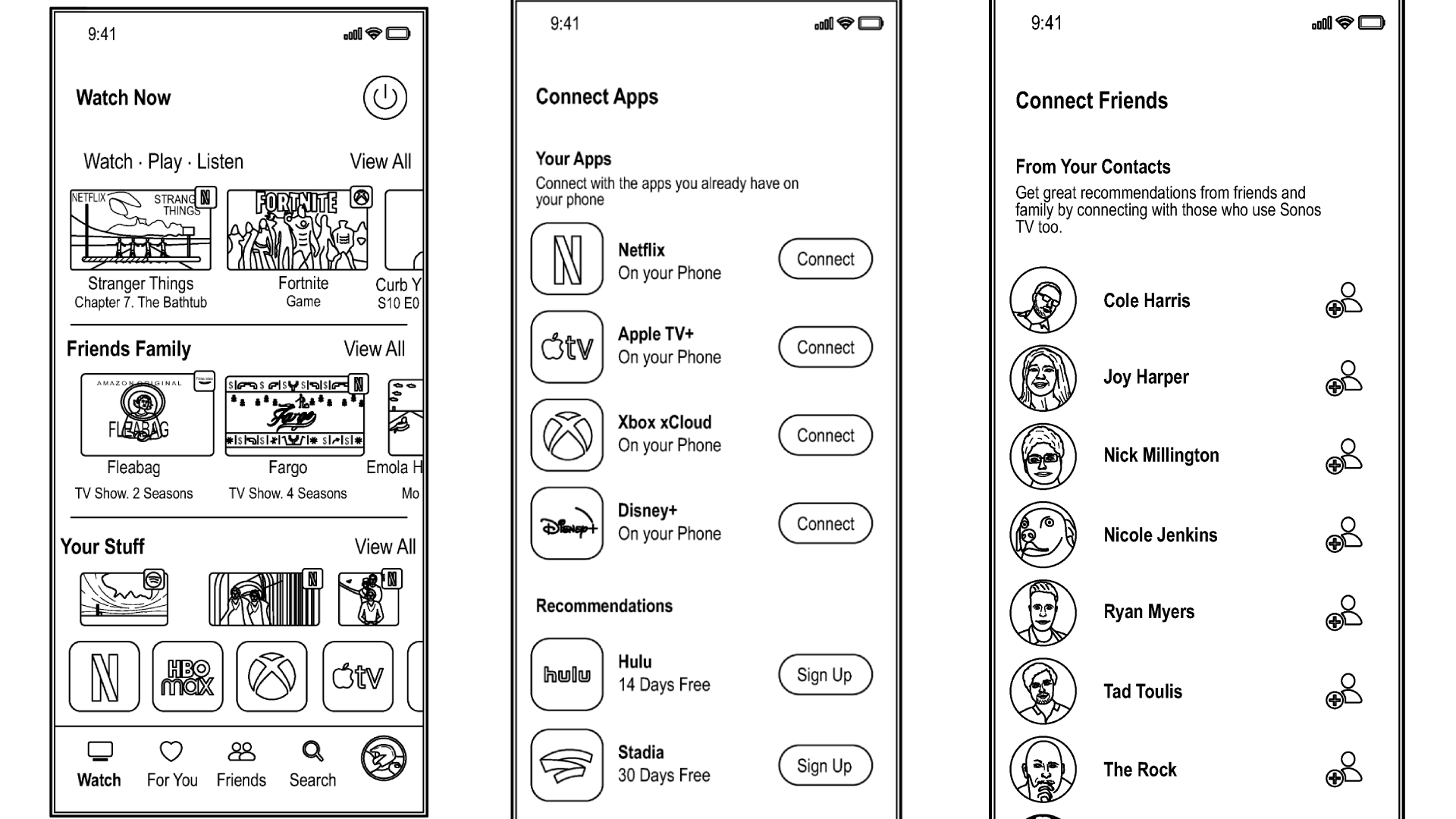
Sonos has always focused on connectivity and smart streaming. The ability to control your speakers in different areas of a home by pairing them into a single app has been one of its strongest features.
Reading deeper into the patent, it appears that it now wants to do this with the video side as well, further integrating the devices into one seamless control application. If Sonos can really achieve a tidier approach, similar to Samsung's One Connect, while also Serving as a streaming unit, this really could be an all-in-one solution.
The more you read the patent, the more it starts to sound like some kind of A/V receiver. Sonos TV appears to go beyond a simple streaming box and become more of a central home entertainment system that will allow users to connect all their devices to a single box, which will then stream the sound evenly across the TV, Blu-ray, sound bar and so on all from a single cable, but also Be a media center for all streaming apps, like Amazon Fire Stick or Roku Stick.
There's not much on whether sound from the Sonos TV box could be passed wirelessly to the surround speakers, but in theory this would create a solution to any syncing issues. If this could be achieved, Sonos TV would truly be an all-rounder.
It's fun to speculate about all of this, but just to reiterate, none of this is confirmed or official and Sonos TV could be a completely different product. However, if you manage to do all of the above, it's unlikely that it will only cost $150-$200…

